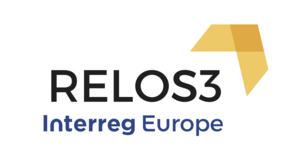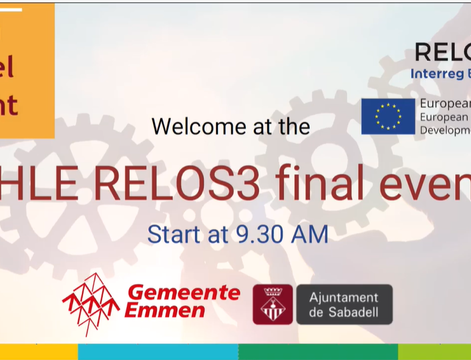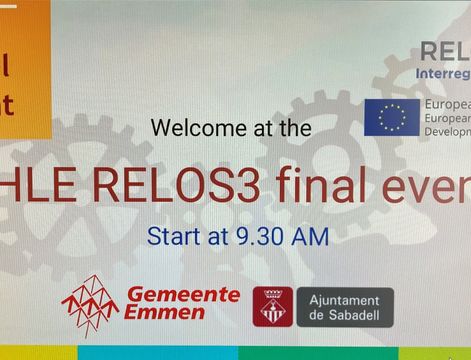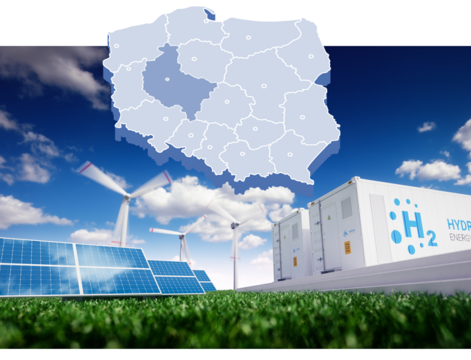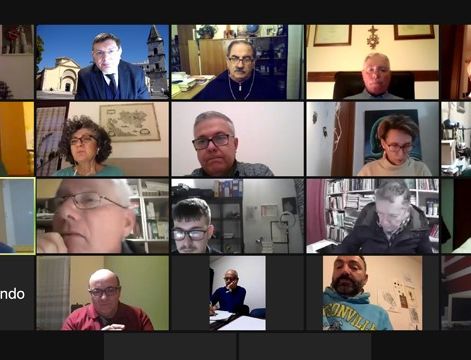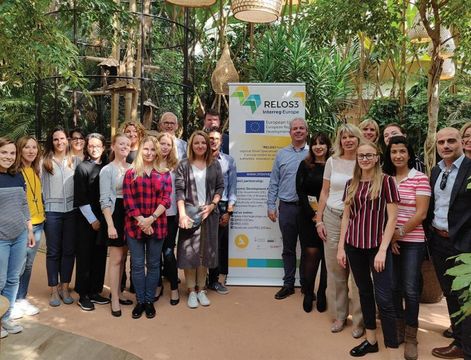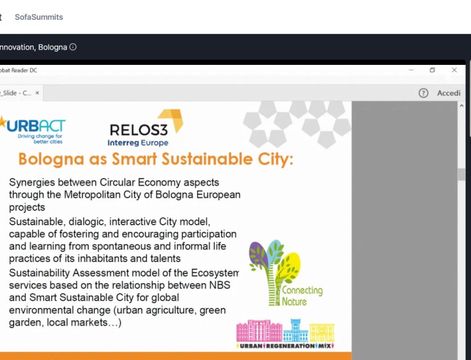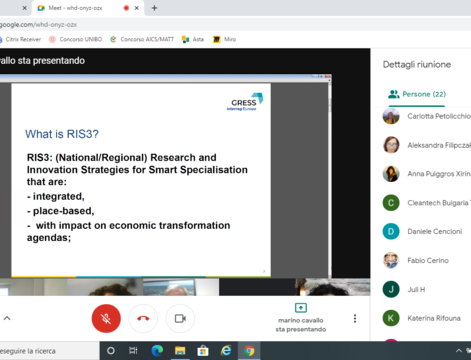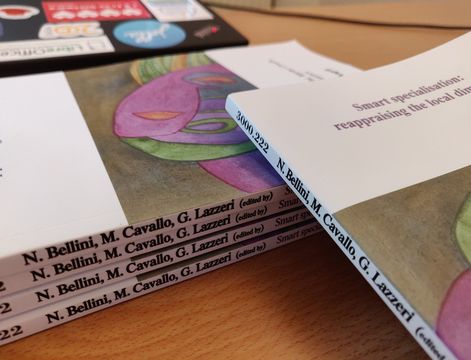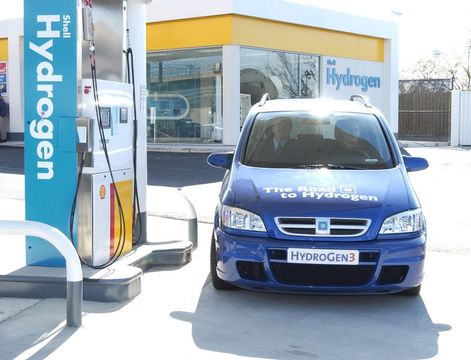In September, we held the second thematic event in Bologna (Italy). The overarching theme was the sustainability of cooperation in within the Quadruple Helix This addressed issues such as involving civil society in RIS3, promoting sustainable collaboration in the Quadruple Helix and transferring good practices and methodologies.
A whole array of speakers showed us interesting approaches. A first conclusion was that the sustainability of collaboration processes within RIS3 depends on the capabilities to solve problems.
For civic society involvement, it is important that regions apply a more imaginative mindset (What if?) versus the now more common analytical mindset (If ... then ...?). Small exercises were done to try to find out the difference between these mindsets, as shown above in the picture.
Of course, the more practical elements were not forgotten during this event, and we visited two important incubators/accelerators in Bologna, the TIM #WCAP facility, as well as the Le Serre di Aster project. Both different in their approach, but certainly important elements in facilitating Smart Specialization Strategies.
At the end of the meeting, participants left feeling a lot more confident about how to keep momentum in the execution of their RIS3 strategy and to make certain that Smart Specialization Strategies are continuing to grow.
You can read the full report of the event by following this link.
